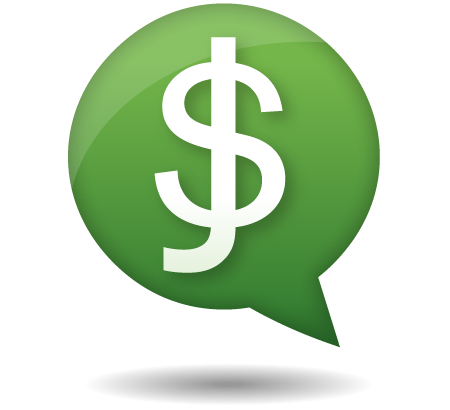The Federal Reserve shocked economists and investors by maintaining its $85 billion bond-buying program. Listeners were more interested in kick-starting their retirement savings and putting their cash to work.
- Download the podcast on iTunes
- Download the podcast on feedburner
- Download this week's show (MP3)
Elizabeth from RI and Nick from NY are in their 20’s, living home and saving lots of money. They both needed help with figuring out how to start investing for retirement.
Judy from CO, Alma from AZ and Mel from MN all have a great problem: where to invest cash? Both Susan and Bonnie had allocation questions, which JM from New York City, asked about the Windfall Elimination Penalty provision.
As Mayor Rahm Emanuel once said, “You never want a serious crisis go to waste. And what I mean by that is an opportunity to do things you think you could not do before.” While Emanuel was talking about politics, we can apply his statement to investor behavior leading up to and during the financial crisis. With five years of distance from the eye of the storm, here is my list of the top 5 lessons every investor can take away:
1. Keep cool: There are two emotions that influence our financial lives: fear and greed. At market tops, greed kicks in and we tend to assume too much risk. Conversely, when the bottom falls out, fear takes over and makes us want to sell everything and hide under the bed. If you had sold all of your stocks during the first week of the crisis in September 2008, you would have been shielded from further losses (stocks bottomed out in March 2009). But how would you have known when to get back in? It is highly doubtful that most investors would have had the guts to buy when it seemed like stock indexes were hurtling towards zero.
2. Maintain a diversified portfolio…and don’t forget to rebalance. One of the best ways to prevent emotional swings is to create and adhere to a diversified portfolio that spreads out your risk across different asset classes, such as stocks, bonds, cash and commodities. In September 2008, a client shrieked to me that “everything is going down!” But that was not exactly the case: the 10 percent allocation in cash was just fine, as was the 30 percent holding in government bonds. That did not mean that the stock and commodities positions were doing well, but overall, the client was in far better shape because she owned more than risk assets.
3. Maintain a healthy emergency reserve fund. Bad luck can occur at any time. One great lesson of the crisis is that those who had ample emergency reserve funds (6 to 12 months of expenses for those who were employed and 12 to 24 months for those who were retired) had many more choices than those who did not. While a large cash cushion seems like a waste to some (“it’s not earning anything!”), it allowed many people to refrain from selling assets at the wrong time and/or from invading retirement accounts. Side note: the home equity lines of credit on which many relied for emergency reserves vanished during the crisis.
4. Put down 20 percent for a mortgage (and try to stick to plain vanilla home loans (15 or 30 year fixed rate mortgages), unless you really understand what you are doing!) Flashback to 2004 – 2007 and you will likely recall that you or someone you knew was buying a home or refinancing with some cockamamie loan that had “features” that allowed borrowers to put down about 3 cents worth of equity. There’s a good reason that old rules of thumb work. Yes Virginia, house prices can go down. And despite the recovery, please shun the advice from so-called experts like Suze Orman, who are once again saying that 10 percent down is just fine.
5. Understand what is in your target date fund: Pre-crisis, many investors had started to use target date funds, in which the fund manager “targets” your future date of retirement and adjusts the allocation as you near the time that you will need to access the money. Unfortunately, many of these funds were far riskier than investors understood. Whether it’s a target date fund or an age-based investment for your kid’s college fund, be sure to check out the risk level before you put a dollar to work.
Thanks to everyone who participated and to Mark, the BEST producer in the world. If you have a financial question, there are lots of ways to contact us:
- Call 855-411-JILL and we'll schedule time to get you on the show LIVE
- Send an email: askjill@jillonmoney.com
- Tweet me: @jillonmoney



